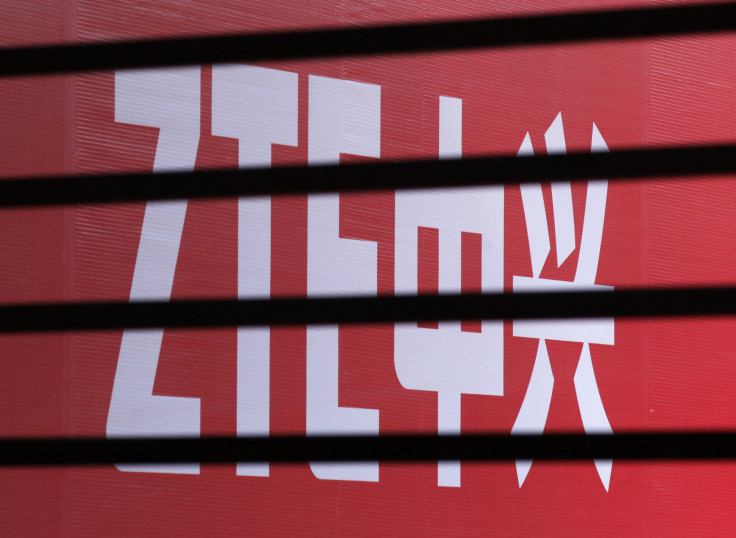ZTE Shares Plunge On Weak Profits, Corporate Shake-Up, Iran Sanctions And Potential Criminal Charges

Chinese telecom company ZTE is facing a lot of problems. Not only did it report weaker-than-expected profit for 2015 on Wednesday, the company also just changed its leadership and has opened negotiations with the U.S. government over allegations that it resold goods to Iran, violating trade sanctions that could lead to criminal and civil charges. So it was hardly surprising to see the company's stock plunge almost 16 percent on resumption of trading for the first time in a month.
Once ZTE’s shares resumed trading Thursday morning, a month after being suspended due to the U.S. sales ban, the price dropped from 14.16 Hong Kong dollars ($1.83) to 12.06 Hong Kong dollars on the Hong Kong Stock Exchange — a drop of almost 15 percent compared to the broader market, in the shape of the benchmark Hang Seng, which was marginally down, by 0.09 percent or 18 points. ZTE’s shares did rebound somewhat but closed significantly down at 12.78 Hong Kong dollars.
Last month the U.S. Department of Commerce banned American companies from selling components to ZTE, a rare move against a foreign company. Commerce Department officials said ZTE violated U.S. export rules when it sold products using certain American-made components to Iran.
The ban has been suspended until the end of June as ZTE negotiates with officials from the government. But, on Wednesday, the company said it still couldn't fully assess the impact of the ban on its future prospects, calling the outcome of the negotiations “highly uncertain.”
ZTE could face criminal or civil charges, it told shareholders, adding that it was willing to fully cooperate with the U.S. investigators.
Adding to ZTE’s woes was the announcement Wednesday that profits for the last 12 months were significantly lower than it had predicted just three months ago. Net income for 2015 was 3.21 billion yuan ($495 million), which is a jump of 22 percent compared to 2014 but a lot lower than the predictions of 3.78 billion yuan it made in January.
The company has also reshuffled its leadership, and while this is not uncommon at major Chinese firms, the move was scrutinized more because of the recent sales ban. As part of the reshuffle, Shi Lirong, who had been the top executive for the past six years, was replaced, with Zhao Xianming taking over.
“At this juncture, we must take time to rethink,” Zhao said in a note to colleagues. “We will be taking extra measures to ensure that legal compliance and anti-corruption processes eliminate any possibility of noncompliance.”
While many clearly see the outlook for ZTE as bleak given its recent woes, some believe Thursday’s sell-off was overstating the situation, citing the company’s potential growth as China embraces high-speed internet connections and its continued growth in the smartphone market.
“The sell-off today was overdone,” Hao Wang, an analyst with SBI China Capital in Hong Kong, told Bloomberg. “The company’s leadership change and the U.S. issue is contributing to the uncertainty. Over the longer term, ZTE’s business prospects in telecommunications remain strong.”
© Copyright IBTimes 2024. All rights reserved.












